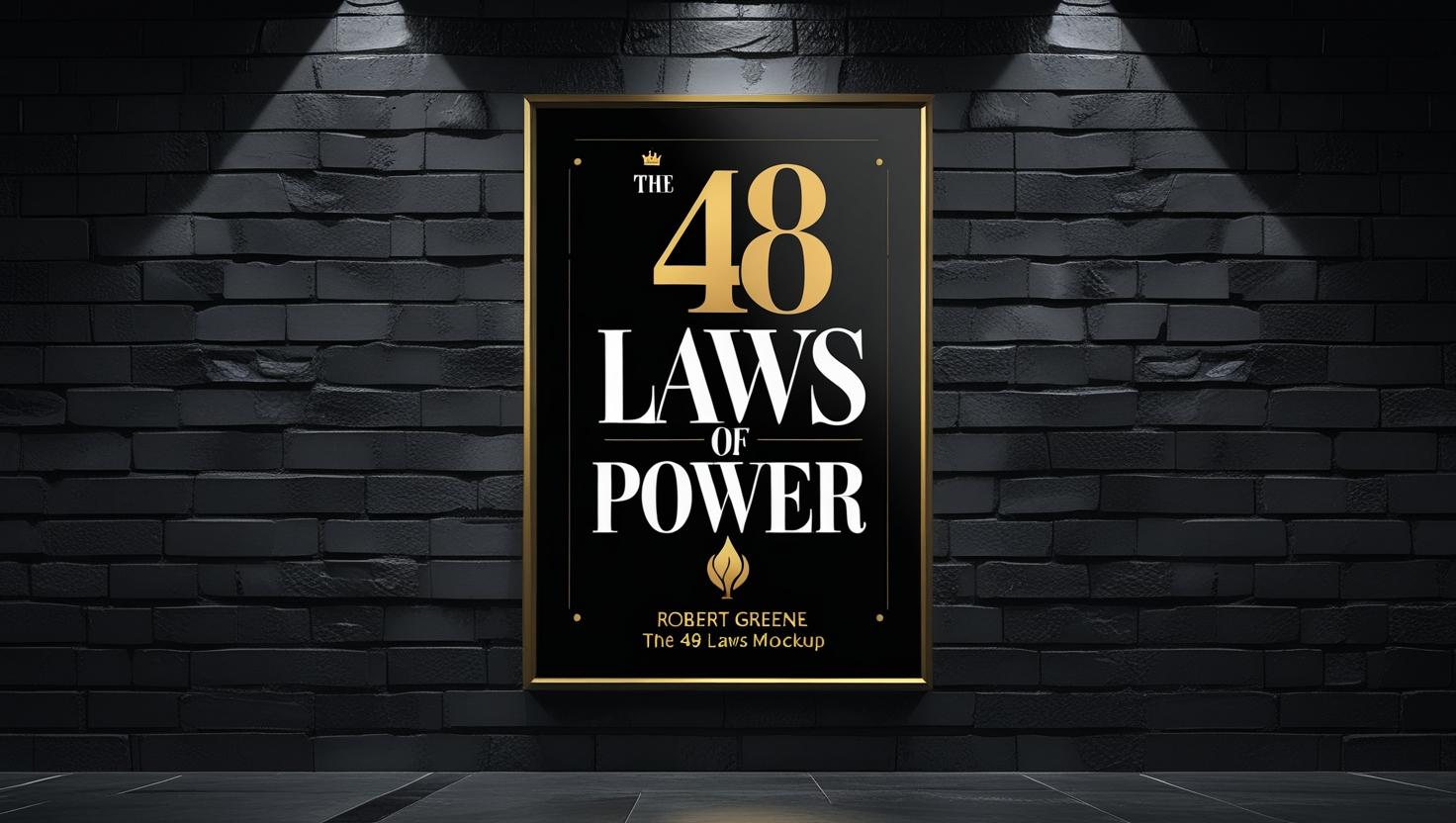Clarity is often mistaken for confidence or speed, but it’s something deeper. It’s the calm space between stimulus and response. It’s the light that cuts through complexity and shows the simplest next step. And it’s a skill — not just a state — that can be cultivated and protected.
Clarity is Presence
Clarity begins when we slow down. It’s impossible to see clearly when thoughts are racing or emotions are clouded. The first step is presence — the quiet awareness of now. In this state, we observe rather than react, question rather than assume.
Mindful presence clears away assumptions, past stories, and fears about the future. From this space, choices become easier because we can actually see them.
Clarity is Simplicity
Complexity often masquerades as intelligence. But the truth is, simplicity reveals wisdom. When we ask what best describes clarity, the answer isn’t layered logic — it’s distilled truth. Clarity is when unnecessary details fall away and only what matters remains.
Whether you’re making a decision, writing a message, or organizing your life, clarity shows itself in how little effort it takes to understand what’s essential.
Clarity is Alignment
Clarity doesn’t just exist in thought — it exists in action. When your choices reflect your values, your words match your intent, and your energy flows in one direction, you’ve found alignment. That’s where clarity lives.
Without alignment, life feels scattered. We say yes when we mean no. We pursue goals that don’t reflect our priorities. But when aligned, each step feels grounded — even if the path is uncertain.
Clarity is Confidence Without Noise
Confidence often shouts. Clarity whispers. True inner clarity doesn’t need to be loud or proved — it just knows. That knowing is quiet, rooted in self-awareness and internal truth.
Inner clarity helps filter out unnecessary opinions, comparison, and perfectionism. It’s what remains when self-doubt dissolves. And it doesn’t come from validation — it comes from trust in your process.
Clarity is Not Always Immediate
There’s a myth that clarity strikes like lightning. While that may happen, it’s often more like fog lifting slowly. Day by day, as you remove distraction, reflect deeply, and align actions with values — you begin to see more clearly.
Clarity requires patience. You don’t rush it. You allow space for the right insights to surface. That’s why silence, solitude, and even stillness are often the best catalysts for clarity.
What Blocks Clarity?
Just as light reveals truth, clutter clouds it. The most common clarity blockers include:
- Overthinking: Too many options lead to analysis paralysis.
- External noise: Opinions, algorithms, and social validation distort your inner compass.
- Busyness: Constant doing leaves no room for reflection or insight.
- Fear: Fear of being wrong often disguises itself as logic or planning.
Removing these layers isn’t easy, but it’s necessary. The clearer the lens, the more accurate the vision.
How to Strengthen Clarity Daily
- Start your day in silence: A few minutes of stillness can set the tone for focused thought.
- Ask better questions: Instead of “What should I do?” ask “What matters most now?”
- Limit inputs: Unsubscribe. Mute. Say no. Clear mental space to think for yourself.
- Write it down: Journaling makes thoughts tangible, testable, and clear.
- Come back to values: What do you stand for? Let it guide your filter.
Why Clarity Is Essential in 2025
We live in a time of endless options and constant information. Tools are smarter. Voices are louder. And decisions feel more urgent. In this environment, clarity is a superpower.
Whether you’re managing a business, building your personal brand, navigating relationships, or making career moves — clarity helps you act with intention. It saves time, energy, and regret.
Final Reflection
So, what best describes clarity? It’s not just focus. It’s the feeling of knowing what truly matters — and being willing to let go of what doesn’t. It’s a practice, a mindset, and a lifestyle.
When you seek clarity, you’re not trying to control the future. You’re trying to see the present more clearly. And that shift changes everything — from how you think, to how you speak, to how you lead your life.
Clarity is not an achievement. It’s a way of being. Choose it — moment by moment.





